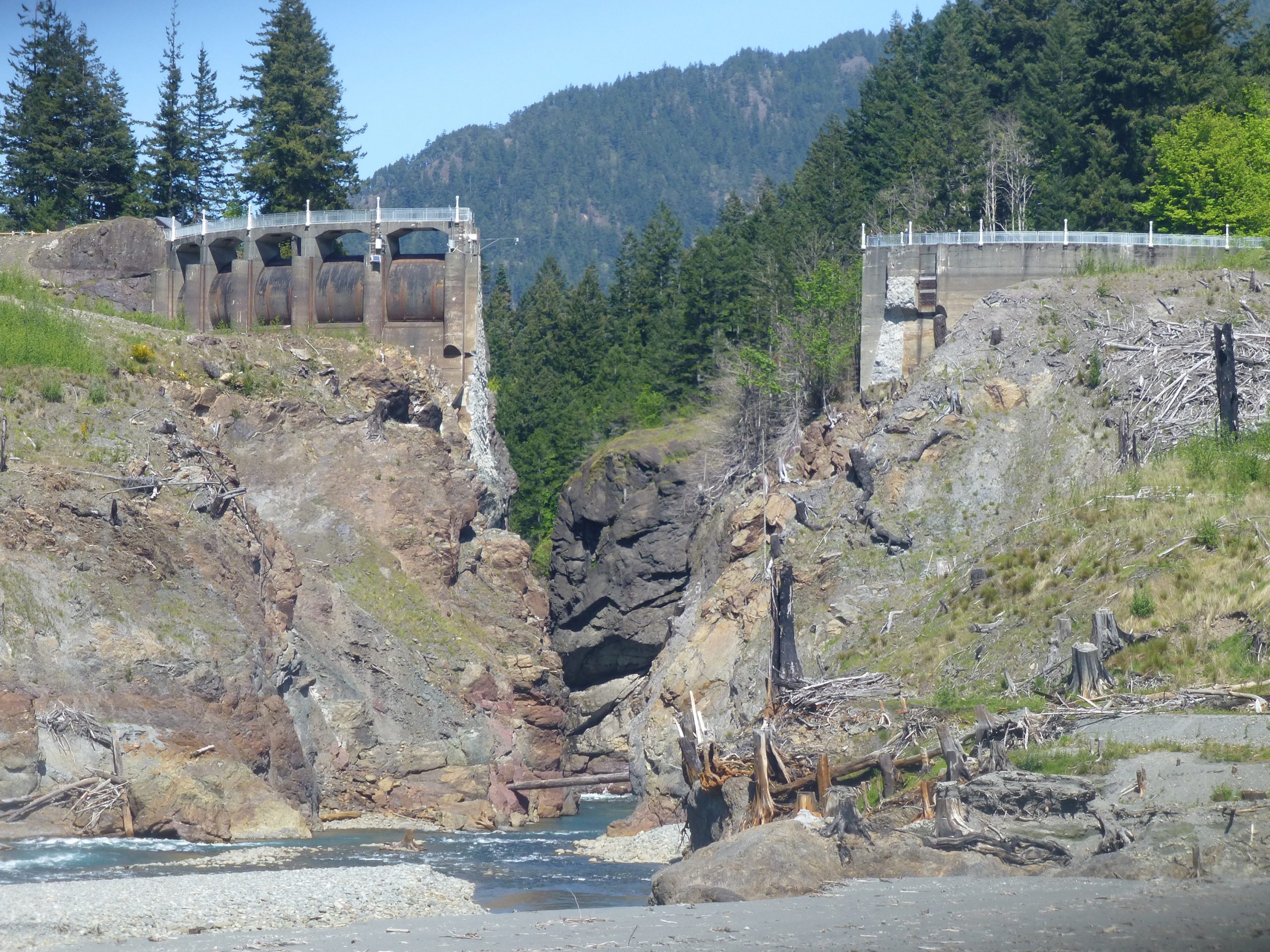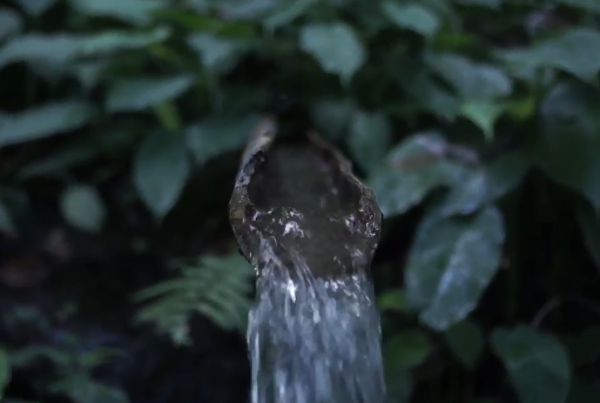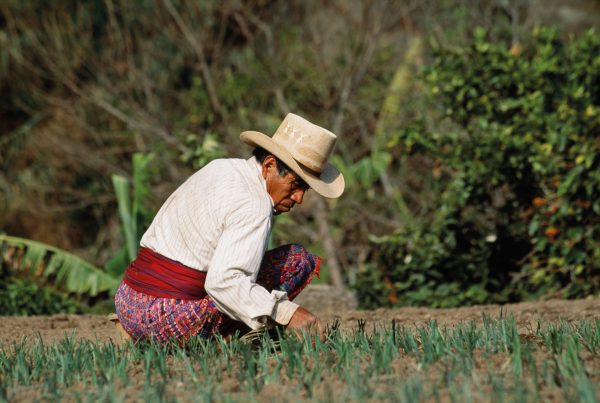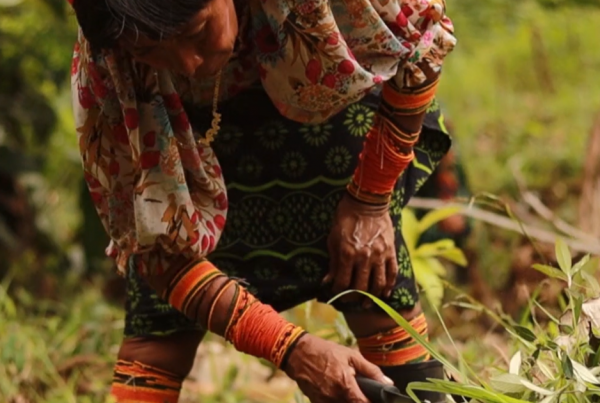The Pacific salmon is a cultural keystone species for many indigenous peoples of the West Coast of Canada and the United States. Salmon are our relatives, central to our histories, identities, stories, expressions, culture and economies. We honour them every year with the first salmon ceremony, through which we communicate with the salmon people in order to renew our relations.
The tribes of Washington State possess inherent rights to salmon stocks, and these rights were re-affirmed by the United States Supreme Court in 1989. The Northwest Indian Fisheries Commission was established for tribes to manage salmon harvesting, allocation, conservation and restoration. Tribal representatives sit on the bi-national US–Canada Pacific Salmon Commission and other salmon technical advisory and management boards.
Nearly US$1 billion has been spent in the last 20 years on salmon recovery. However, despite this, most salmon stocks are listed under the Endangered Species Act as threatened or endangered, and salmon are in decline in three quarters of the state.1
The loss of salmon is having many ripple effects, from the loss of marine nutrient delivery to upper watersheds to the endangerment of killer whales that rely on them.
Our fishing rights are a critical precondition for sustainable salmon fisheries, and the recognition of these rights in Washington has contributed to salmon co-management in which we have legally mandated equal standing with federal and state agencies. But this is not sufficient if underlying causes of decline, some of them far from us, are not addressed. Some causes are local: hydroelectric dams; agrochemical pollution from farms and dairies; the failure to maintain culverts and fish passage; flooding that destroys spawning grounds; and the discharge of pollutants, nutrients, pharmaceuticals and stormwater into coastal waters by cities. Others are distant: streams and oceans are warming; rainfall patterns are changing; carbon in the atmosphere is causing acidification; and there are atmospheric changes that span many jurisdictions.
Some of these causes of decline cannot be mitigated by actions taken at a particular site.
We are addressing this in multiple ways. The Tulalip Tribes led in establishing the Sustainable Lands Strategy, a coalition of tribes and farmers that works to develop win-win solutions that benefit farmers and salmon. In 2014, tribes led the way for dismantling the Glines Canyon Dam on the Elwha River, the largest dam removal in US history, and they are working to remove others. The Tulalip Tribes are also developing a version of the ecosystem management decision-support system that provides scenario building and decision support for restoration and regulations based on differing levels of analysis.
However, recovery work is based on local symptomatic treatment of the impacts, rather than addressing large-scale underlying causes. The latter will not be resolved without transformative change that matches the scale of the impacts that endanger our brother salmon. Because of the nature of the life cycle of the salmon, which runs from mountains to the north Pacific Ocean, salmon problems cannot be solved without involving multiple jurisdictions. While we take all the necessary actions at the local level, a whole-of-context approach to problem-solving is needed to achieve fisheries sustainability.
In 2014, tribes led the way for dismantling the Glines Canyon Dam on the Elwha River, the largest dam removal in US history, and they are working to remove others. Credit: J Daracunas.
Author
- Preston Hardison, Tulalip Natural Resources Treaty Rights Office
Ecosystems
- Temperate forests
Topics
- Conservation and sustainable use
- Governance
Type
- Short-form
Date
- This case study forms part of LBO-2, originally released in 2020.



